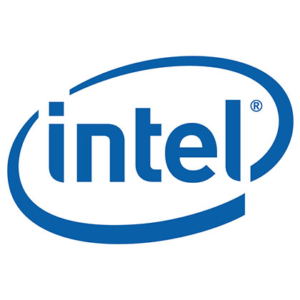Trump Administration Locks Intel Into Foundry Business with Equity Stake
Warrants as Leverage
The agreement includes a five-year warrant that allows the government to acquire another 5 per cent of Intel at $20 per share if the company’s stake in the foundry business drops below 51 per cent. “I don’t think there’s a high likelihood that we would take our stake below the 50 per cent,” Zinsner said, describing the warrants as “friction” meant to prevent a divestiture.
White House press secretary Karoline Leavitt confirmed the Department of Commerce is still finalizing the deal.
Intel Under Pressure
Analysts, including Citi and some former Intel board members, have long called for Intel to shed its foundry unit. Rival chipmaker Qualcomm has expressed interest in acquiring it, and investor discontent mounted after Intel ousted Chief Executive Pat Gelsinger, the architect of its foundry strategy, in December. His successor, Lip-Bu Tan, is tasked with shoring up the company’s finances while keeping the foundry plan intact.
Funding Certainty and Customer Perception
Intel received $5.7 billion of the investment this week, with another $3.2 billion contingent on meeting Department of Defense milestones. Zinsner said converting the grants to equity “effectively guaranteed that we’d get the cash,” insulating Intel from capital-market volatility.
He also noted the government stake could enhance Intel’s credibility with prospective customers, though major players such as Nvidia, Apple, and Qualcomm have yet to place orders with Intel’s foundry.
Other Deals in Motion
In parallel, Intel has been raising cash through asset sales and external investments. The company sold $1 billion in Mobileye shares and is close to selling 51 per cent of its Altera unit to private equity firm Silver Lake. SoftBank also invested $2 billion in Intel last week.

